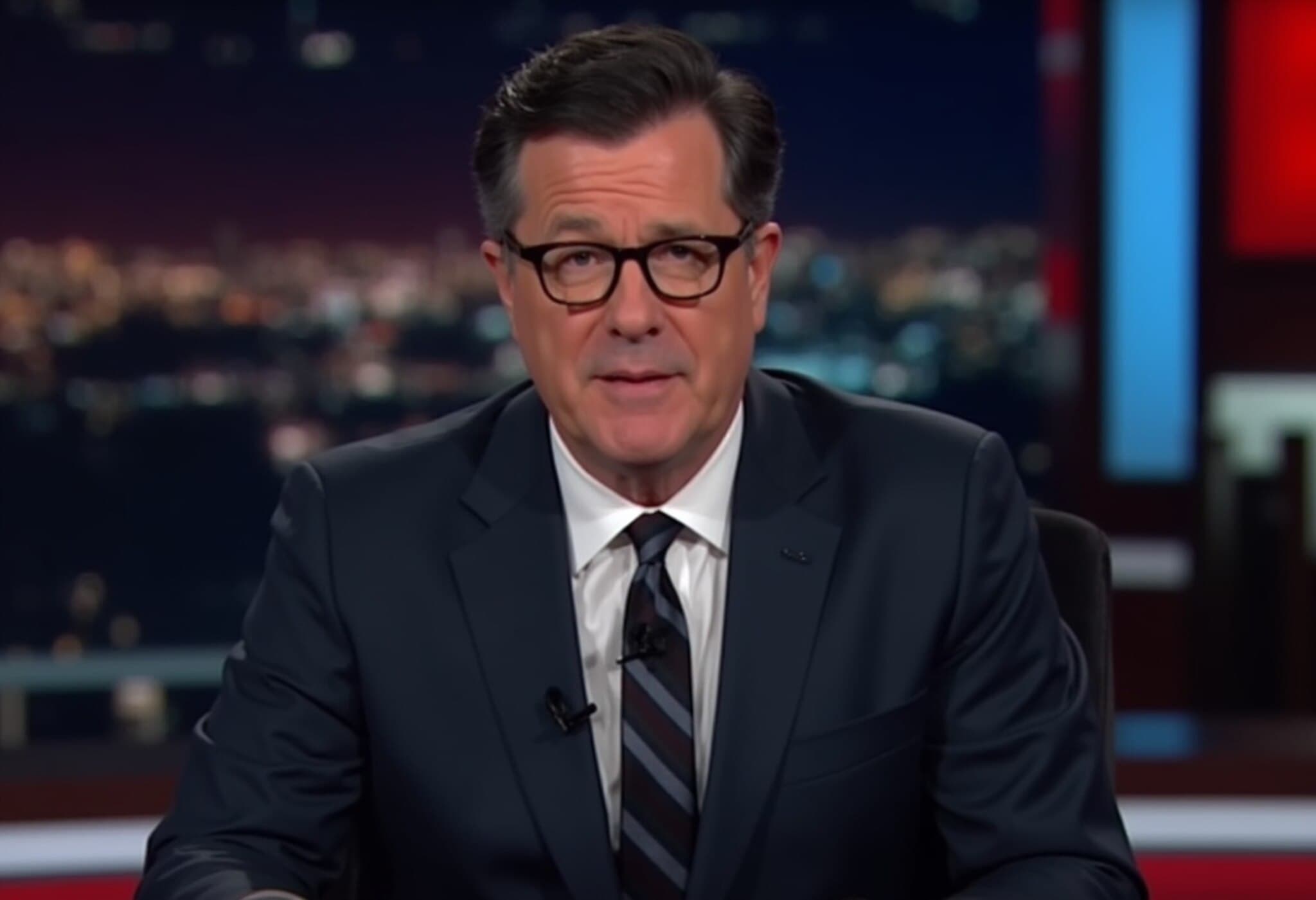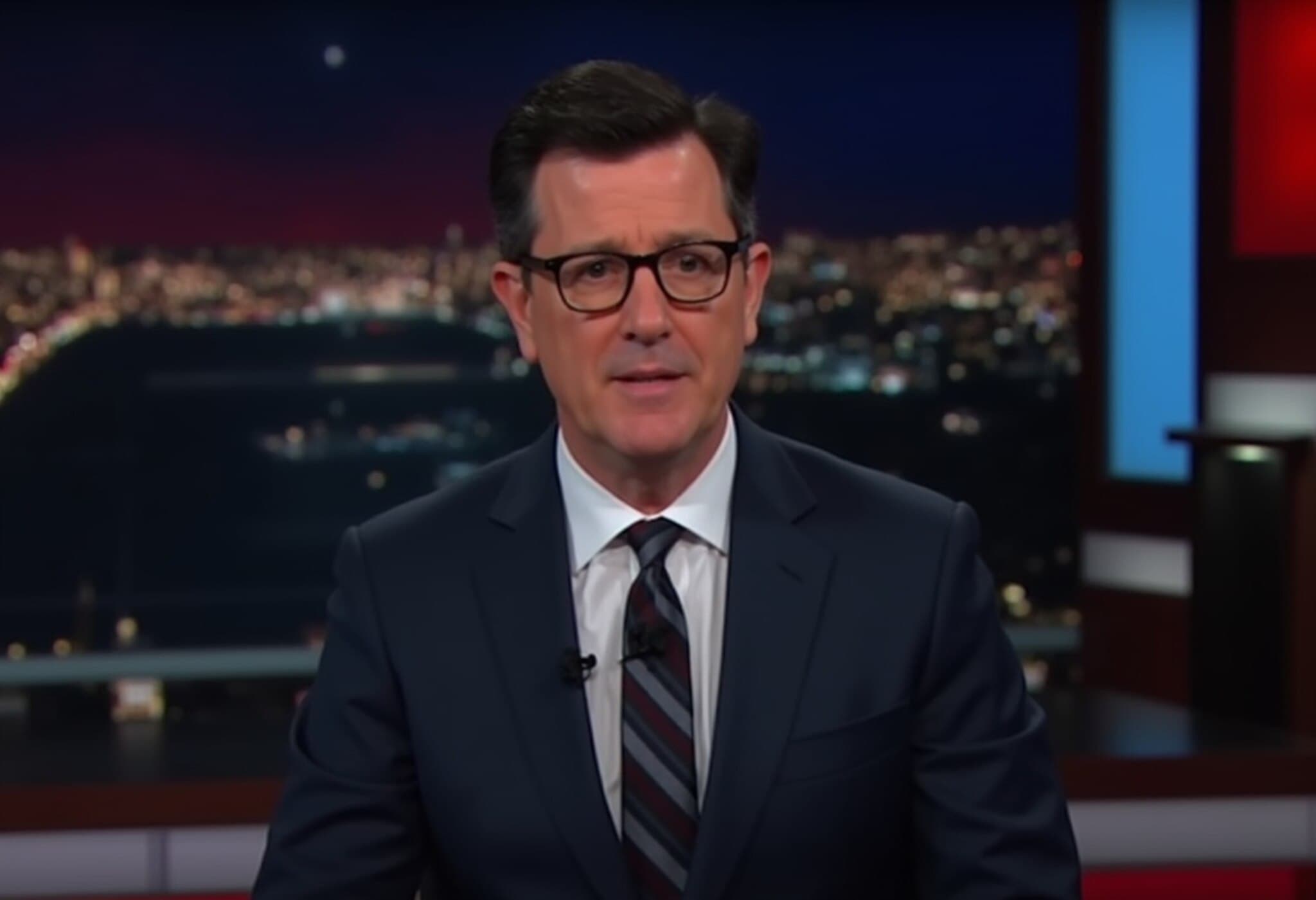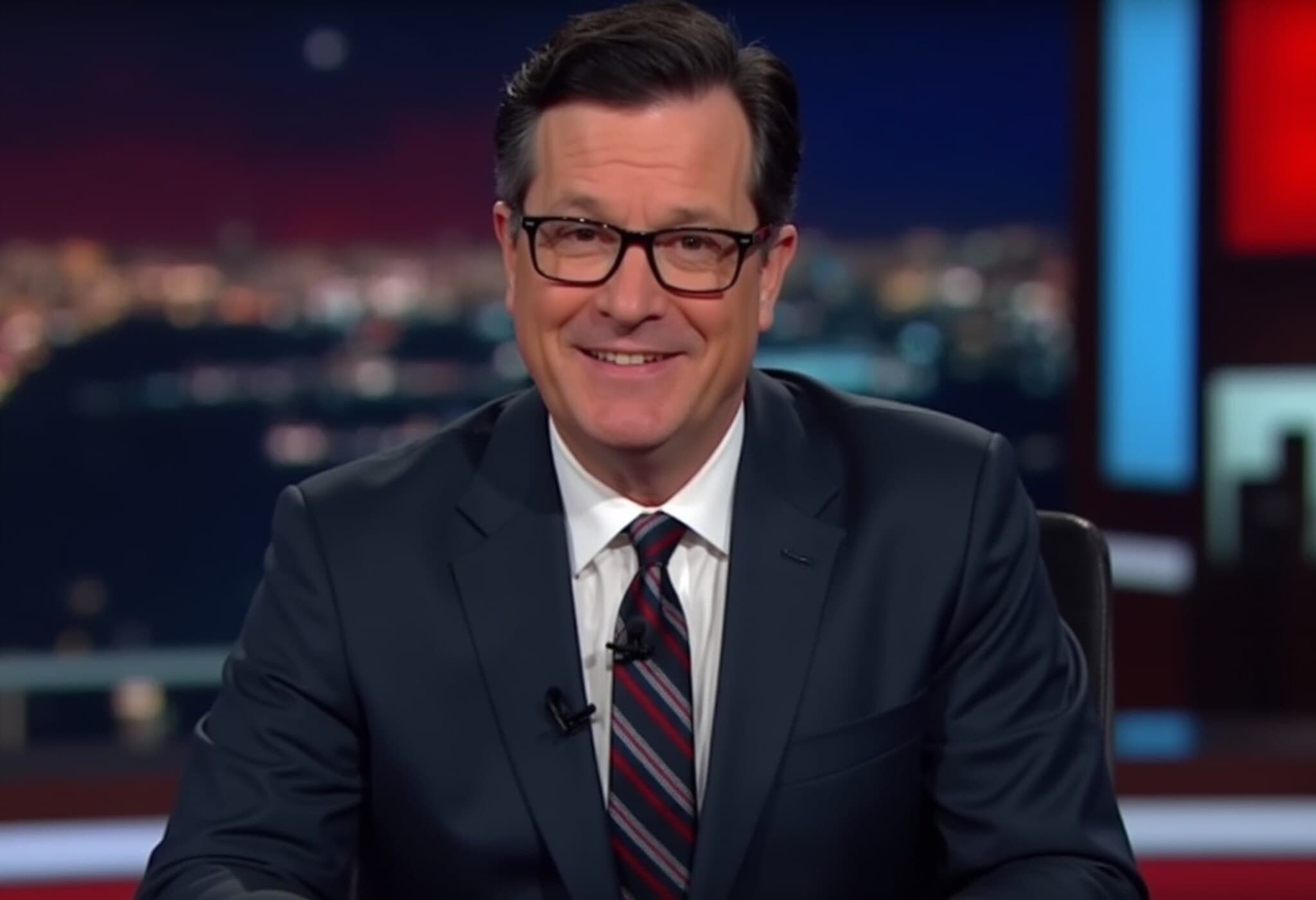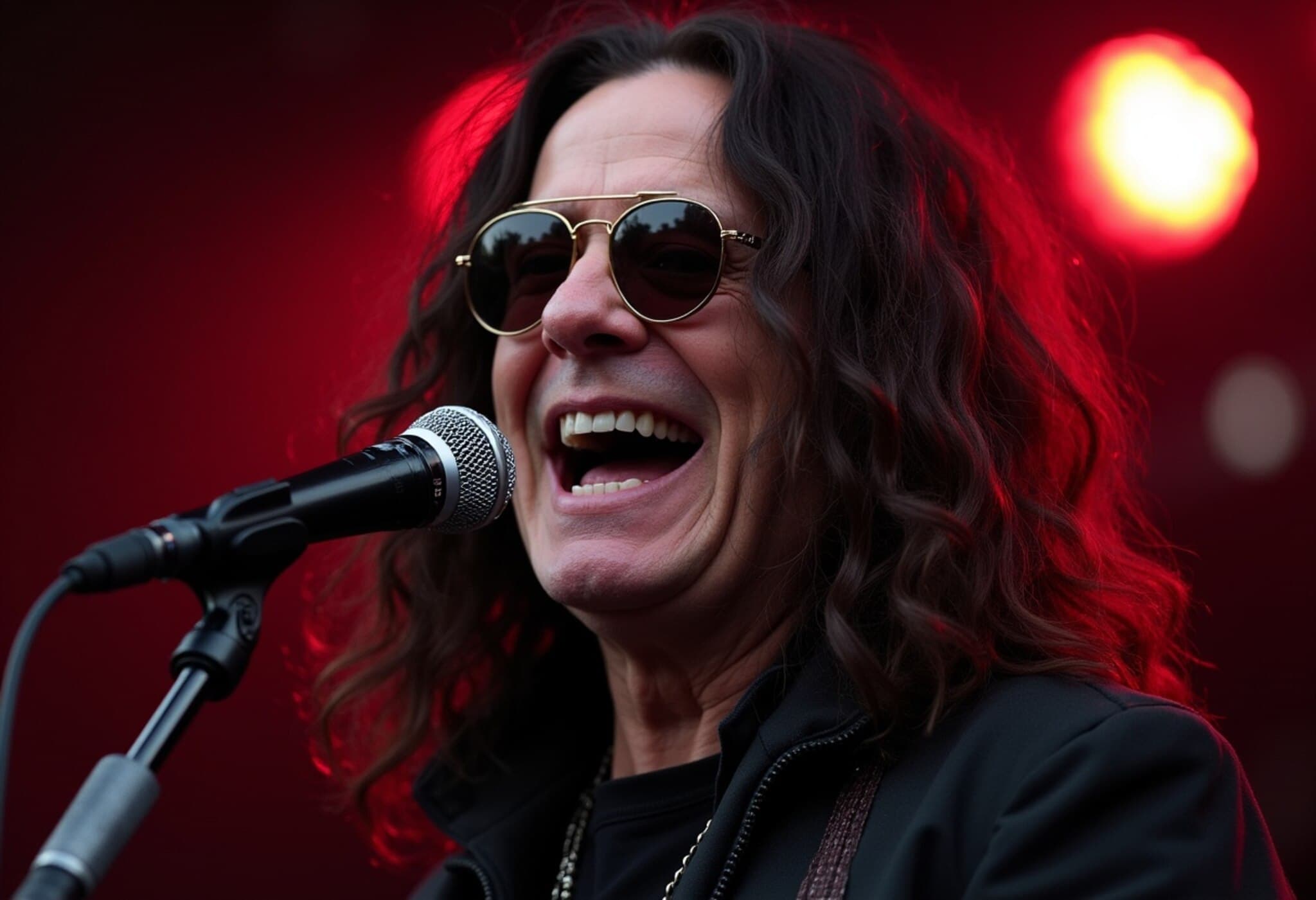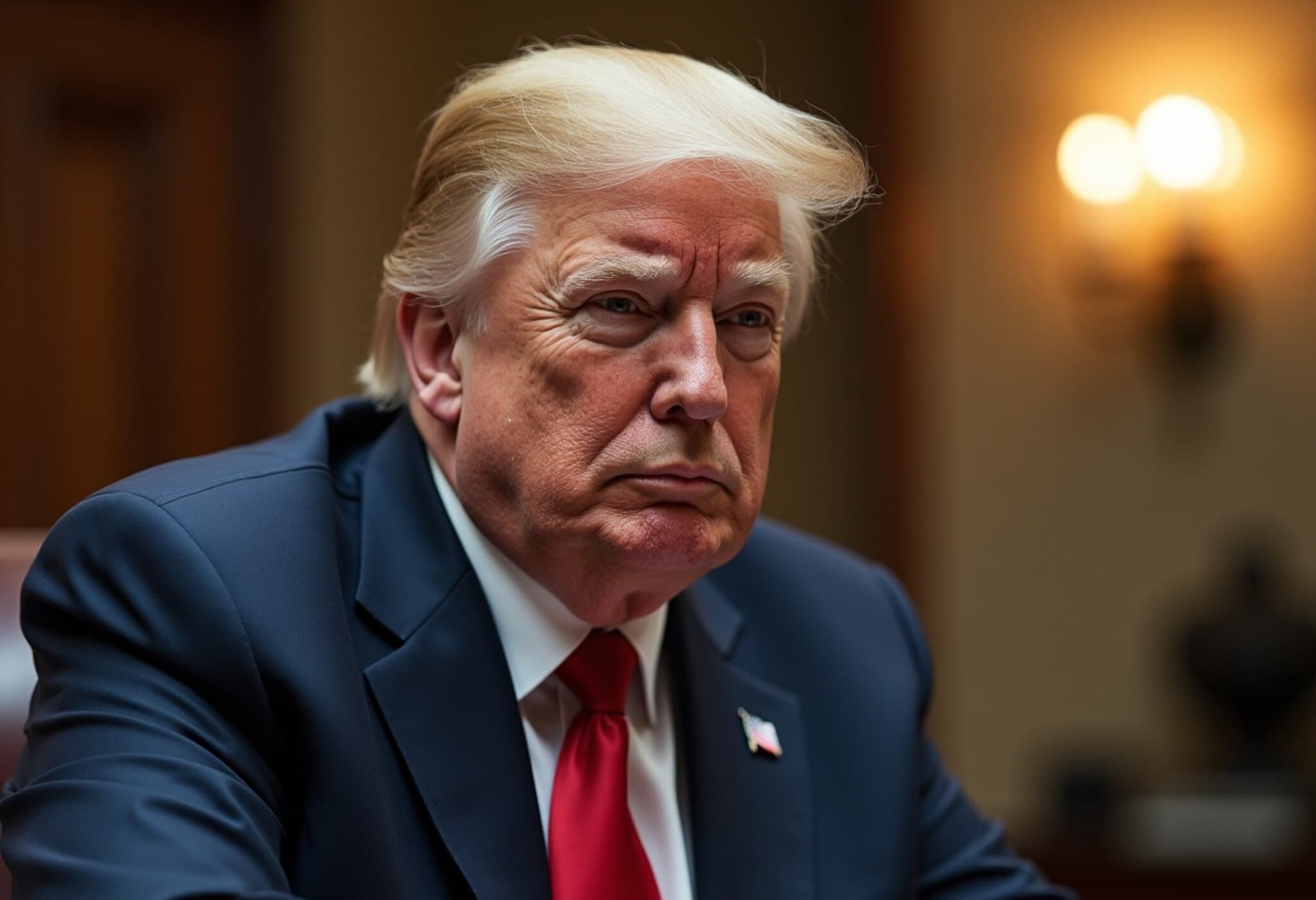Stephen Colbert to Sign Off as CBS Retires ‘The Late Show’ Franchise
In an unexpected announcement that marks the end of an era in late-night television, CBS confirmed on Thursday that 'The Late Show with Stephen Colbert' will air its final episode in May 2026. Since taking the helm in 2015, Colbert has become synonymous with the show, guiding it through pivotal cultural and political moments while carving his own niche among late-night greats.
Behind the Curtain: Why CBS is Ending the Franchise
CBS executives released a joint statement emphasizing the decision to conclude the franchise was based purely on financial considerations amid the increasingly shifting late-night landscape. "We consider Stephen Colbert irreplaceable and will retire ‘THE LATE SHOW’ franchise at that time," they remarked, underscoring the host’s enduring legacy on the network.
Importantly, CBS clarified that this move is not reflective of the show’s performance or content quality. Instead, it is rooted in broader economic challenges and strategic recalibrations within the late-night genre, which has seen disruptions from streaming platforms and changing viewer habits.
Colbert’s Reaction: A Show and an Era Fade Away
On the very night of the news, Colbert shared the development with his audience live, candidly stating, "It's not just the end of our show. I'm not being replaced. This is all just going away." His remarks resonated deeply with fans, reflecting the bittersweet reality of concluding a beloved chapter in television history.
Colbert expressed gratitude toward CBS, calling the network "great partners" and articulating the unique bond forged over more than a decade on-air.
Political Undercurrents and Industry Turmoil
The announcement sparked political discourse, notably from Senator Adam Schiff (D-California), who recently appeared on Colbert’s show. Schiff questioned CBS’s rationale, pointing to Colbert’s outspoken criticism of former President Donald Trump and suggesting the possibility of political motivations behind the cancellation. "If Paramount and CBS ended the Late Show for political reasons, the public deserves to know—and deserves better," Schiff asserted.
This inquiry taps into a complex backdrop involving CBS’s parent company, Paramount Global, which is navigating an $8 billion merger with Skydance Media. The merger’s regulatory approval has been complicated by ongoing legal entanglements, including a lawsuit filed by Trump related to a 60 Minutes interview with Vice President Kamala Harris.
Though Paramount settled the suit in early July with a $16 million payment reportedly destined for Trump’s future presidential library, the company maintains the lawsuit was "completely separate from and unrelated to the Skydance transaction and the FCC approval process." Nonetheless, scrutiny from the Federal Communications Commission, headed by Trump-appointed chairman Brendan Carr, continues.
Colbert’s Sharp Critique of the Settlement
Not shying away from controversy, Colbert voiced pointed criticism about the settlement on his show, branding it "a big fat bribe" and highlighting Paramount’s earlier characterization of the lawsuit as meritless. His comments underscore the intertwining of media, politics, and corporate strategy that often influences production decisions beyond the screen.
What This Means for Late Night Television
The retirement of The Late Show franchise raises important questions about the evolving nature of late-night entertainment. With streaming platforms drawing increasingly fragmented audiences and production costs rising, traditional broadcast late-night shows face mounting pressure to adapt or conclude.
Colbert’s departure could signal CBS's strategic pivot or a broader industry trend where iconic franchises give way to new formats or digital-native content. For viewers, it marks the loss of a familiar nightly companion known for combining sharp political satire with cultural commentary.
Looking Ahead: The Future of CBS's Late Night Lineup
As CBS prepares for life after Colbert, the network faces the challenge of reinventing its late-night identity without a marquee star. Industry insiders speculate that interim programming, potential new hosts, or innovative formats may fill the void, though any successor will have big shoes to fill.
Editor’s Note
The conclusion of Stephen Colbert’s tenure on The Late Show is more than just the end of a beloved program; it encapsulates the challenges traditional media face amid political pressures, corporate mergers, and changing viewer habits. It invites reflection on the role of late-night hosts as cultural commentators and the impact of financial decisions on art and discourse. As the television landscape shifts, stakeholders and audiences alike must consider how such changes affect the diversity and vitality of public conversation.

